Welcome to “Who Wants to be an AP Scholar?” In this episode, one student will attempt to gain eight college credits, all while maintaining some mild form of a social life and balancing practices and matches for his sport. This week’s contestant hails from the small town of Riverside, Illinois where he attends the incredibly prestigious Riverside Brookfield High School.
This week’s 1st question comes from AP US history, a course designed to prepare students for what a college level history class may offer.
Q. During the closing decades of the nineteenth century, farmers complained about all of the following EXCEPT?
a. rising commodity prices
b. high interest charges
c. high freight weights
d. high storage costs
e. large middleman profit
A. The correct answer to that question would be A, rising commodity prices.
I can’t even begin to explain the historical and modern day importance of this question. Not only does it encourage critical thinking skills, but it shows exactly what skills are needed of a college level class: the ability to recall seemingly random information at any given time.
The key word in the previous sentence being seemingly; one never knows when you will need to know about those nineteenth century farmers. Our modern school calendar was based off an agrarian agricultural society, so we deserve to give them at least a little respect, right?
I could go on and on with increasingly dull and boring questions, but I think you get the point.
I strongly believe that many AP classes have become nothing more than a simple game that requires spitting out facts or knowledge that are useless at this point in time. I know that AP classes are intended to prepare high school kids for the challenges of college, but if our AP classes reflect what actual college classes are like, then it’s a pretty sad statement on what college has become. AP classes should be teaching kids how to think, and how to critically examine the subject matter involved.
I know targeting AP US history is easy because the amount of random knowledge you have to know is simply unreal. You would think that the College Board would want to encourage students to appreciate history and to understand the impact that it has on our lives, rather than teach them to spit up random facts that no average person will ever be expected to know.
It is completely understandable that AP level classes require an ability to know information that relates to the subject area, but at least the College Board could make a better attempt to make the questions relevant. I have no problem with difficult questions as long as they are at least somewhat useful.
AP classes have spun out of control, and many have resorted to making students memorize random information in order to pass a test that theoretically correlates to taking the actual class in college. While a good idea on paper, tailoring classes to a single test of random facts and essays and calling it college credit turns out to be ridiculous.
Much of my Advanced Placement experience has become nothing more than a game of who can recall the most random information.
When asked about AP classes, History teacher Mark Gouwens said, “Proving you know the subject matter is one part of the equation. The other being that you acquire the specific skill set necessary to be a successful learner.”
While AP classes may require you to be a successful learner, I think that the College Board’s definition of a learner has been tainted, and that too much importance is placed on random facts.
If you take AP US history, you will be required to know insane amounts of history minutia, and if you take AP Language and Composition, you will be expected to know what synecdoche is and pinpoint its usage in a text. These things are not bad in themselves. They might fill the dictionary definition of education, but I don’t believe that most AP classes are the answer to a challenging and stimulating education.
While there isn’t much that RB can do directly because much of the AP program largely resides in the College Board’s hands, I think that kids need to know what they are getting into before taking the classes.
I urge all students to think when you hear the statement “take the hard class,” why the class is hard and whether or not you want to play “the game” so to speak. I’m not trying to say it’s a bad game necessarily, but don’t take AP classes just because they have two fancy letters in front of them. That isn’t what your high school education should be about.
Would you sign up to be on a history game show if you didn’t like history?

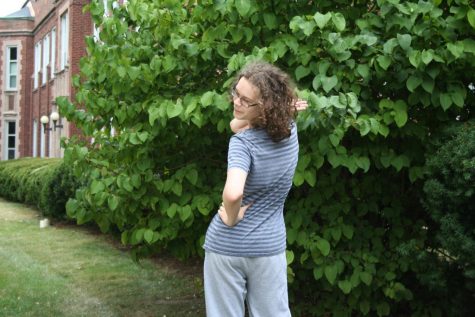



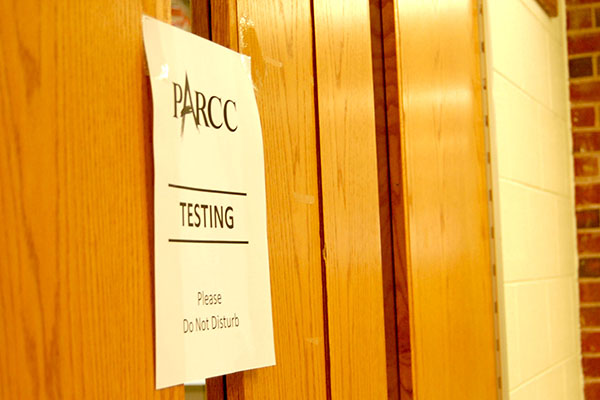
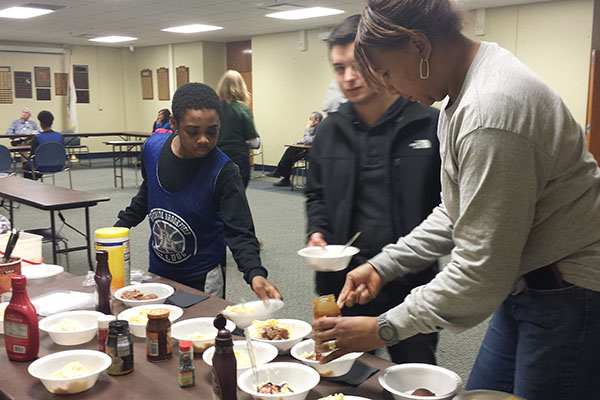
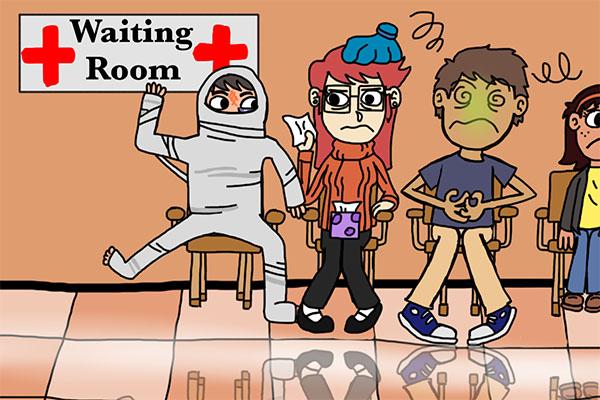
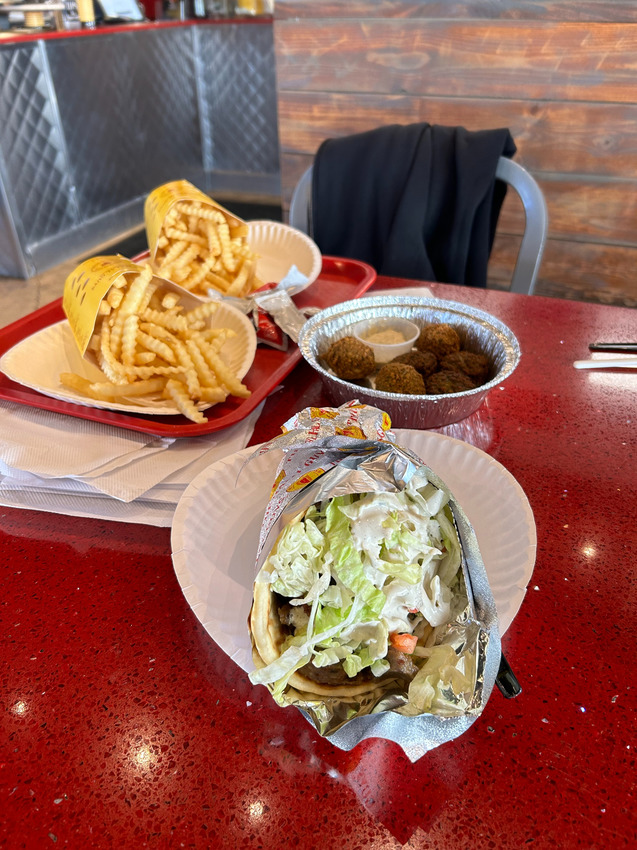

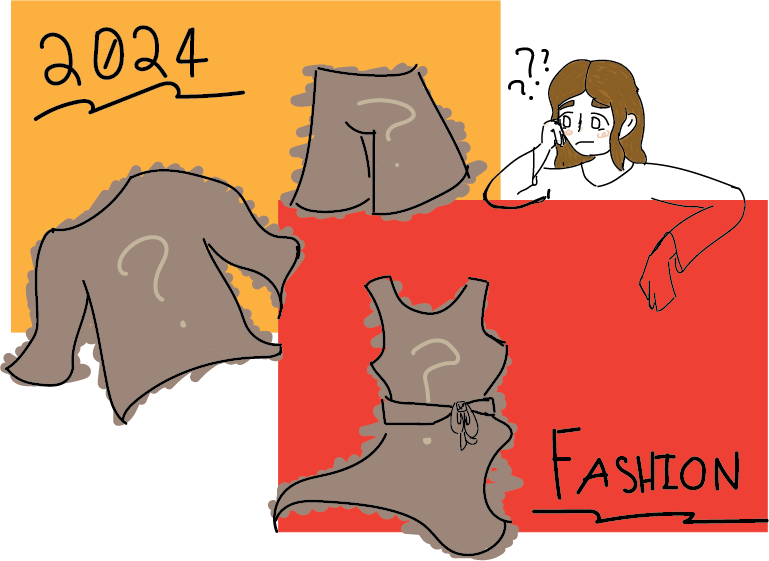


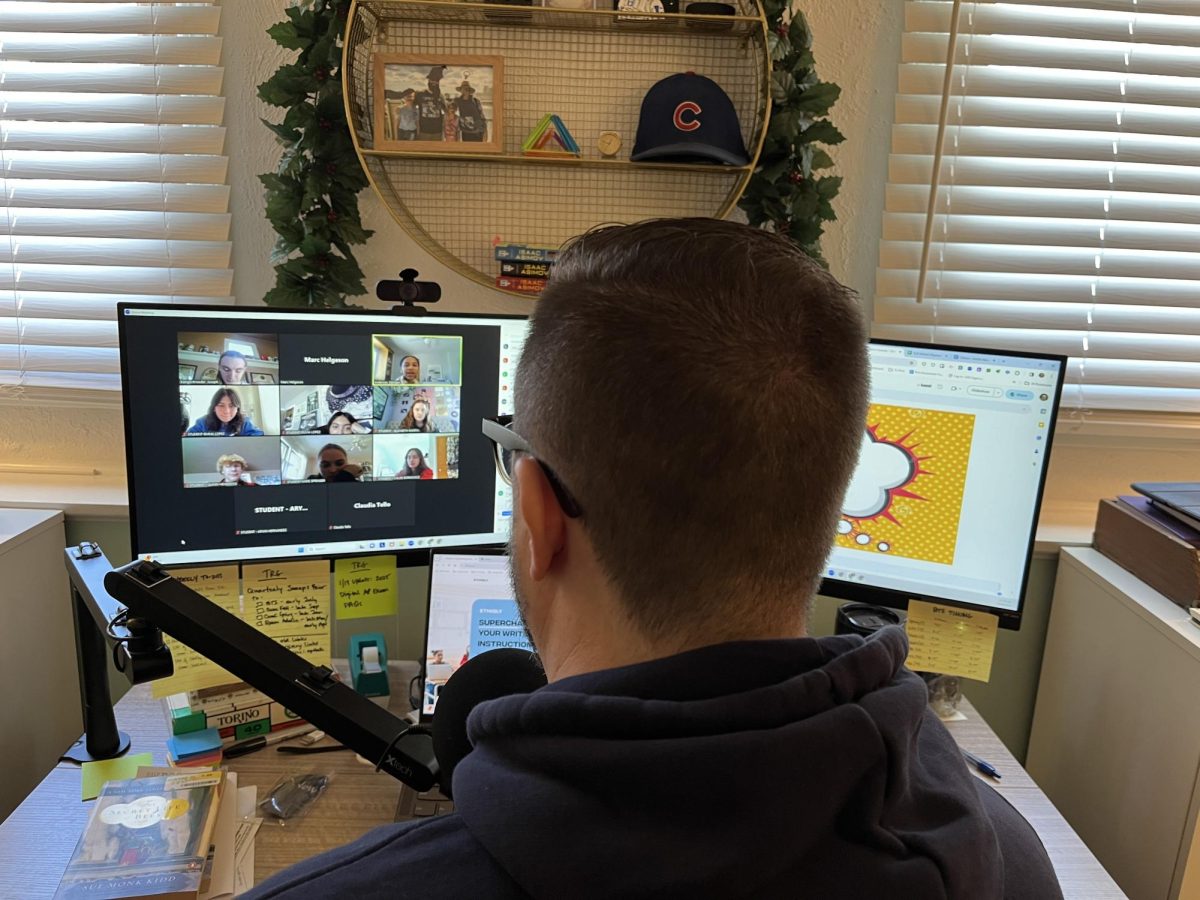
No Relief • May 25, 2010 at 8:56 am
Random comment….is there a problem with learning facts? Facts are happy things. If you don’t know anything about facts, how can you apply your knowledge to problem solving, writing, are the understanding of modern day concerns? The answer is…you can’t. Learning facts is boring. True enough. But using the example about farmers in the 19th century, you can understand how economic systems have functioned in the past and gain insight into how they function today, especially as it relates to small businesses like family farmers. But that starts with knowing a boring fact. Knowledge is power, history repeats itself, and all that stuff. Anyway, the broader the base, the higher the pyramid.
So, learn more not less….and classes that teach kid random crap like “how to work together” and “how to think through problems” without actually TEACHING them anything worry me far more than classes that GASP make you learn actual facts.
Evan • Nov 23, 2009 at 2:23 am
I’m always down for a good old-fashioned AP roast, but I don’t think that encouraging students to shy away from these classes is the solution to a system that fails to provide students with a “challenging and stimulating education.” If it’s not teaching to AP tests in AP classes, it’s teaching to other tests like the PSAE (part of a test-driven, fact-based environment fostered by NCLB). And you’re right, AP tests are a very sad indicator of the direction our colleges have taken. I implore you to try to be on a first-name basis with a tenured professor at the college you go to–this is a task that I think you will find unbelievably challenging.